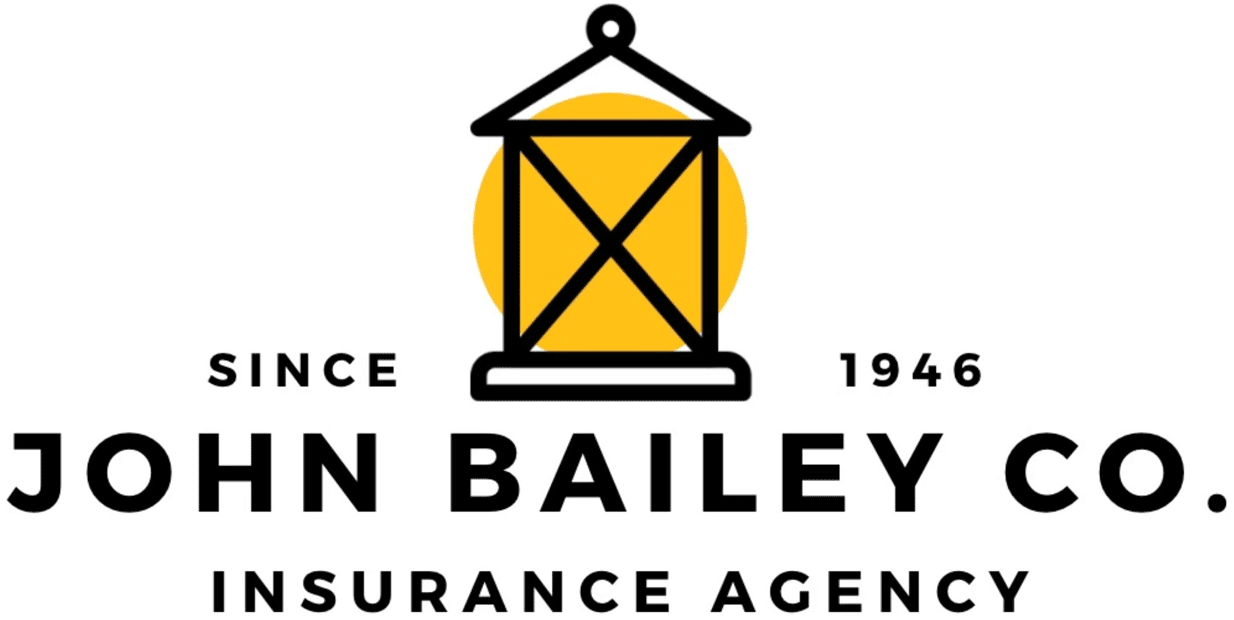During an average week, consumers visit diverse businesses to complete various tasks. Perhaps you need to have your car serviced, maybe you are dropping off clothes for dry cleaning, or you could be in need of having a piece of jewelry repaired. When you are the customer, you become the “bailor,” while the company that temporarily takes control of your property becomes the “bailee.” Both parties have entered into an agreement and understanding Bailee Coverage is vital.
Reviewing Your Commercial Insurance Coverage…
John Bailey Insurance Agency works with business owners designing the right commercial policy package to protect their business from theft, property damage, liability, and employee injury. While not all business owners require this coverage type, here are a few typical examples of those that should consider bailees coverage.
- Courier Services
- Valet Services
- Watch and Lock Repair Shops
- Companies in the Business of Restoration or Refurbishment
- Car Dealerships/Auto Mechanics, also called Garage Keepers Legal Liability
- Storage Units
- Tailors
- Computer Repair Shops
- Jewelers
- Dry Cleaners
- Warehouses
It is advisable that should you change any part of your business model, take some time to speak with your agent and review your business policy package to determine if this type of coverage now deserves your consideration.
Understanding Bailee Coverage – What’s Included and Excluded
Typically, bailee coverage covers fire protection and theft, but business owners should also inquire if their policy covers losses resulting from the following types of incidents:
- Collision
- Robbery
- Wind damage
- Explosion
- Lightening
- Burglary
- Water or Flood Damage
And, regarding exclusions, most experts agree that bailee insurance policies will ordinarily not cover losses caused by insects or rodents. Also, it is essential to determine if bailee coverage falls under an inland marine endorsement for your commercial policy and inquire about levels of bailee’s insurance, such as unlimited bailee, mysterious disappearance or damage in process.
Planning Ahead is Always Important
Whether you are the bailor or the bailee, you should always plan. If you are a consumer (bailor), take the time to read any document that a business owner provides you. Also, retain your receipts in a safe place until you have retrieved your property in good order. If you have questions, then ask these questions of the merchant to clarify your concerns.
Business owners (bailee) should review their coverages each year and determine if any new line of coverage or type of endorsement is needed. Also inspect the business documents you routinely provide to your customers, such as contracts, receipts, terms and conditions, waivers of liability and office signs.
In closing, finding good commercial insurance can protect your business from severe financial loss – and our John Bailey Company team can help guide you in your search for the perfect policy.

